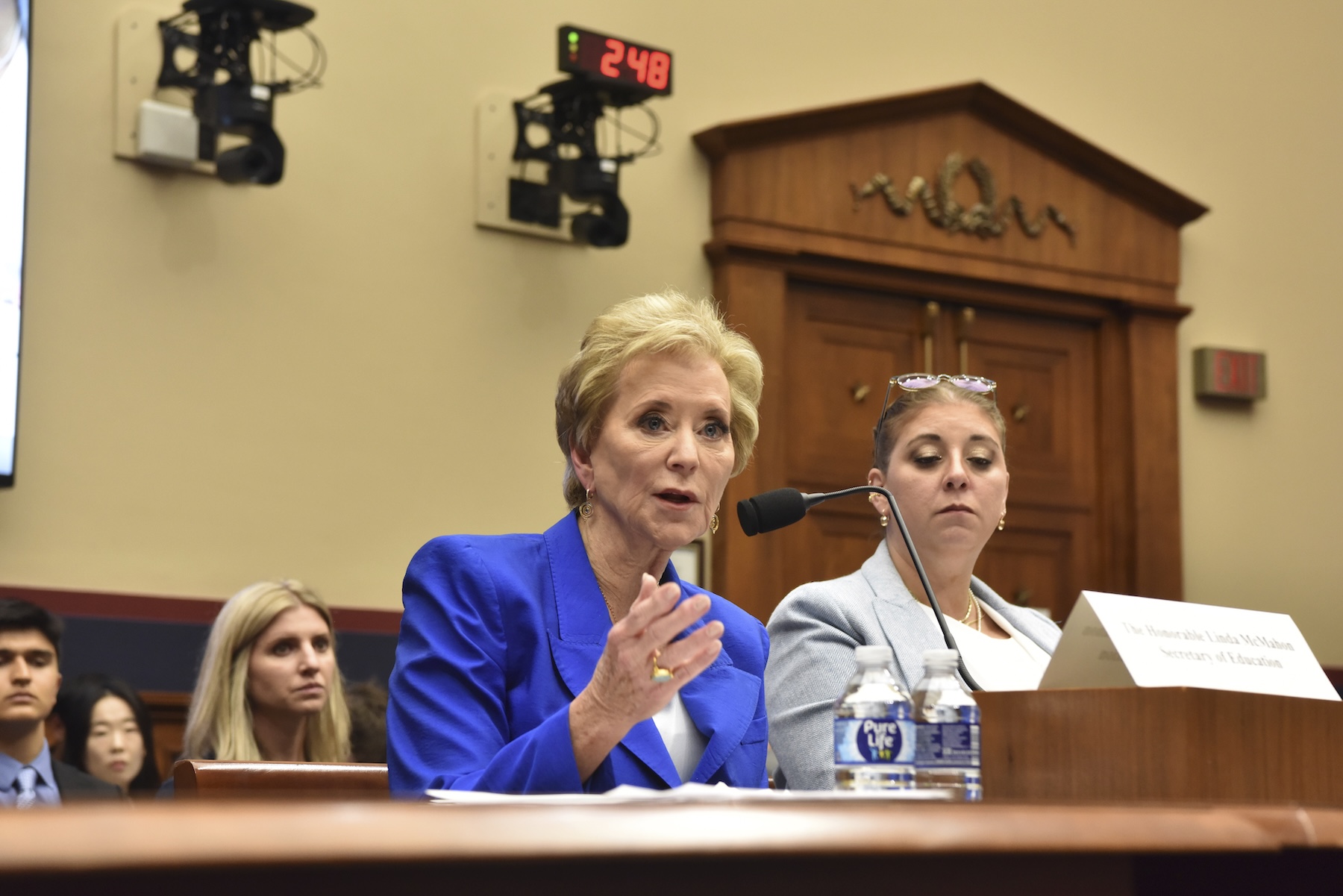IBR Eligibility Rules Have Changed For The Better


The Department of Education has confirmed that borrowers are no longer required to demonstrate a “partial financial hardship” to enroll in the Income-Based Repayment (IBR) plan. This change, effective immediately under the One Big Beautiful Bill Act (OBBBA), allows more borrowers to switch into IBR and reduce their monthly payments compared to other repayment plans.
This is especially important now, as many borrowers previously enrolled in the SAVE plan are looking to change to IBR.
Until now, eligibility for IBR required borrowers to prove that their calculated payment under a 10-year standard plan would be higher than the payment calculated under IBR, a condition known as the “partial financial hardship” requirement. That restriction blocked many borrowers from entering the IBR program. Those borrowers were often left with the Income-Contingent Repayment (ICR) plan, which has higher payment requirements and a longer path to forgiveness.
With the hardship test removed, more borrowers can now enter IBR, which requires monthly payments equal to 10% of discretionary income and offers loan cancellation after 20 years. ICR, by contrast, sets payments at 20% of discretionary income and forgiveness after 25 years.
The timing of this policy shift is significant for borrowers affected by the court injunction blocking the SAVE plan. Those currently enrolled in SAVE may be weighing whether to switch repayment plans, especially in light of interest resuming on August 1, but many were unable to access IBR due to the hardship requirement.
Now, borrowers with federal loans issued on or after July 1, 2014, and before July 1, 2026, are eligible to join the IBR plan regardless of income. For those seeking an available path toward loan forgiveness, this offers an alternative to SAVE while preserving access to lower payments than ICR.
Yes, the payments are not as low as SAVE would have been, but IBR is continuing forward along with the upcoming RAP plan. IBR is Public Service Loan Forgiveness eligible as well.
It’s important to remember that the OBBBA is also ending the ICR and PAYE repayment plans, so allowing easier access to IBR is even more important.
Although the policy is already in effect, student loan servicers (such as MOHELA and Nelnet) are not yet able to process IBR applications under the new rule. Sources have reported it may take another six to eight weeks for servicers to remove the hardship test from their enrollment systems. Until those updates are complete, borrowers who were previously ineligible due to income may receive incorrect eligibility messages when trying to enroll.
Furthermore, the Loan Simulator on StudentAid.gov also needs to be updated to reflect the changes.
Borrowers who are interested in switching to IBR are being encouraged to wait until servicers announce that the eligibility systems have been updated. Once the change is completed there should be an announcement posted and eligible borrowers will be able to apply online.
In the meantime, borrowers should monitor communications from their loan servicers and the Department of Education.
The removal of the partial financial hardship test has been one of the less publicized changes in the One Big Beautiful Bill. But it’s one of the most consequential for borrowers trying to change repayment plans in light of the uncertainty around SAVE timelines and the future elimination of ICR and PAYE.
The partial financial hardship test created an administrative burden and blocked some borrowers from accessing more affordable options, even if their incomes were relatively low.
By eliminating this requirement, Congress and the Department of Education are simplifying the eligibility process for one of the most commonly used IDR plans. Plus, pretty soon it will be one of two options for existing borrowers (the other being the Repayment Assistance Plan).
Hopefully the system updates are completed shortly so that borrowers can opt in.
Don’t Miss These Other Stories:

Student loans often follow borrowers for years, sometimes decades. Even people who fully understand how much they borrowed can feel...

It was a busy week for RIA aggregators. There were a few large moves, including $235 billion multi-family office Cresset...

Blog Posts Archives UnfavoriteFavorite February 27, 2026 Weave: The Social Fabric Project Subscribe to Weave’s Newsletter This story was originally...